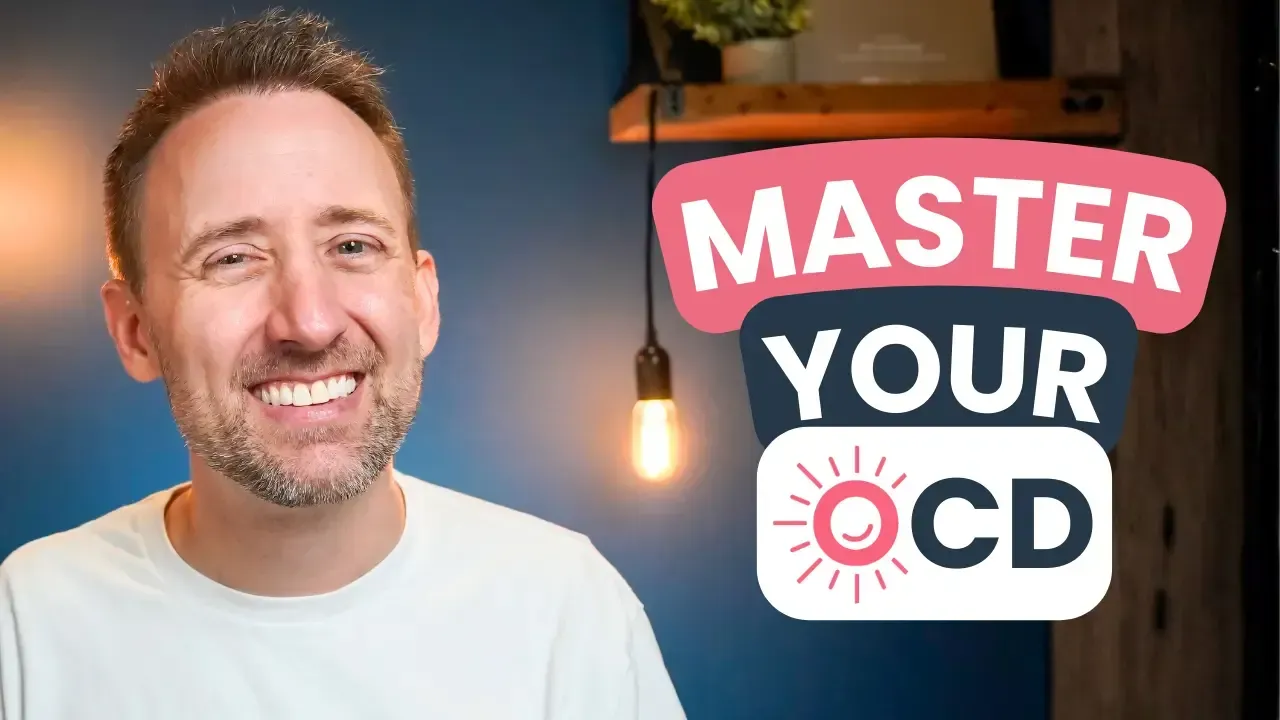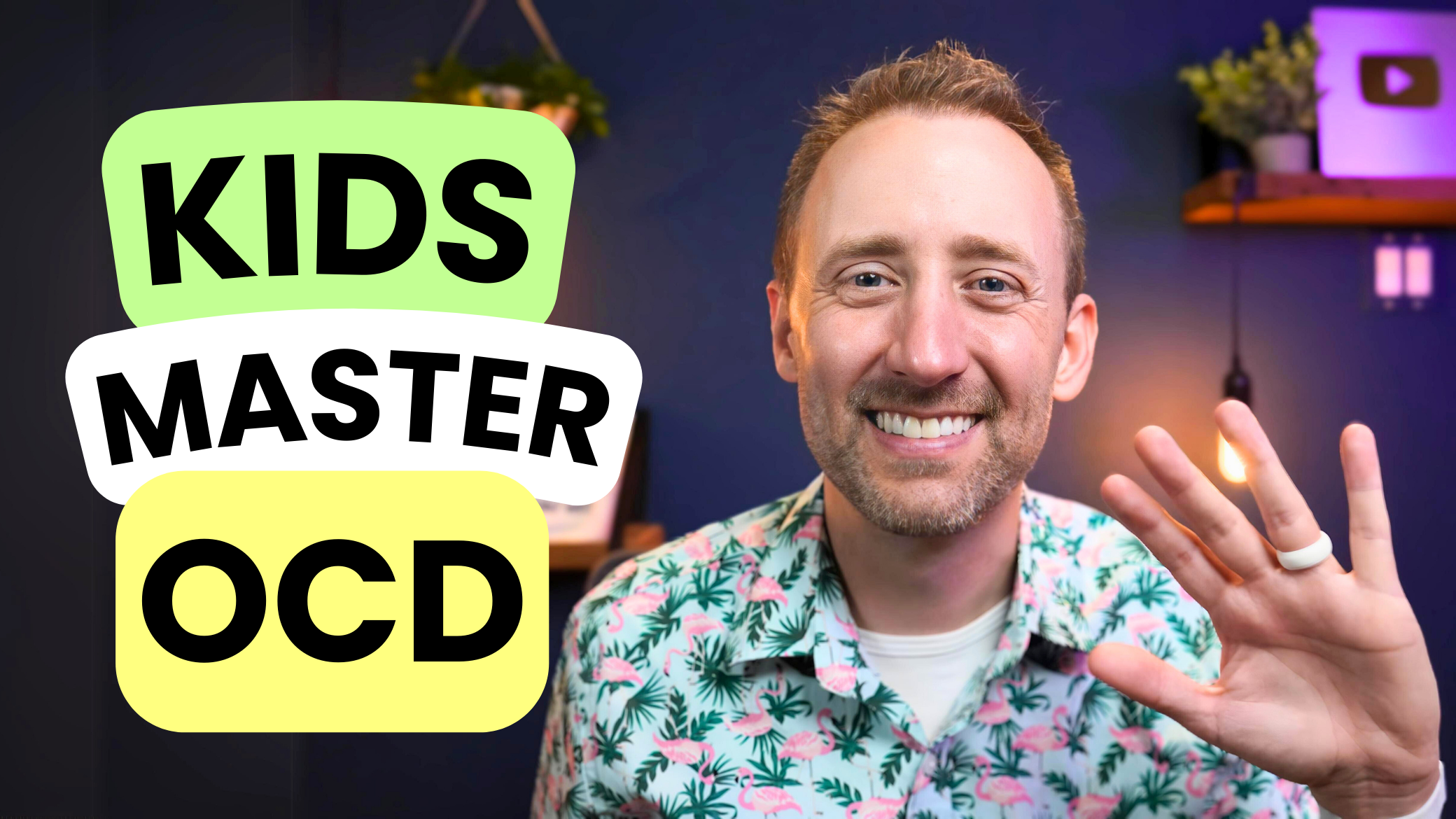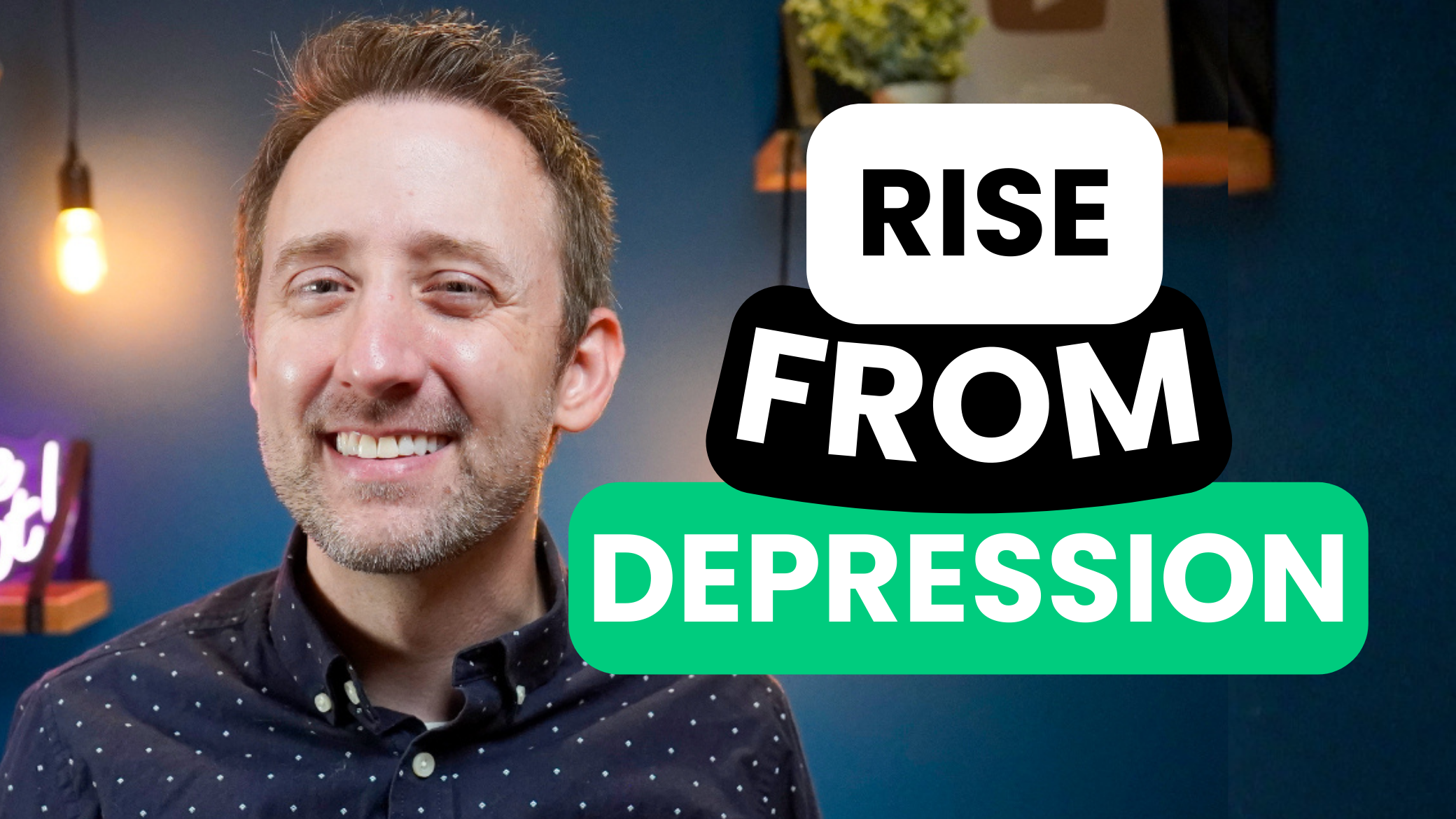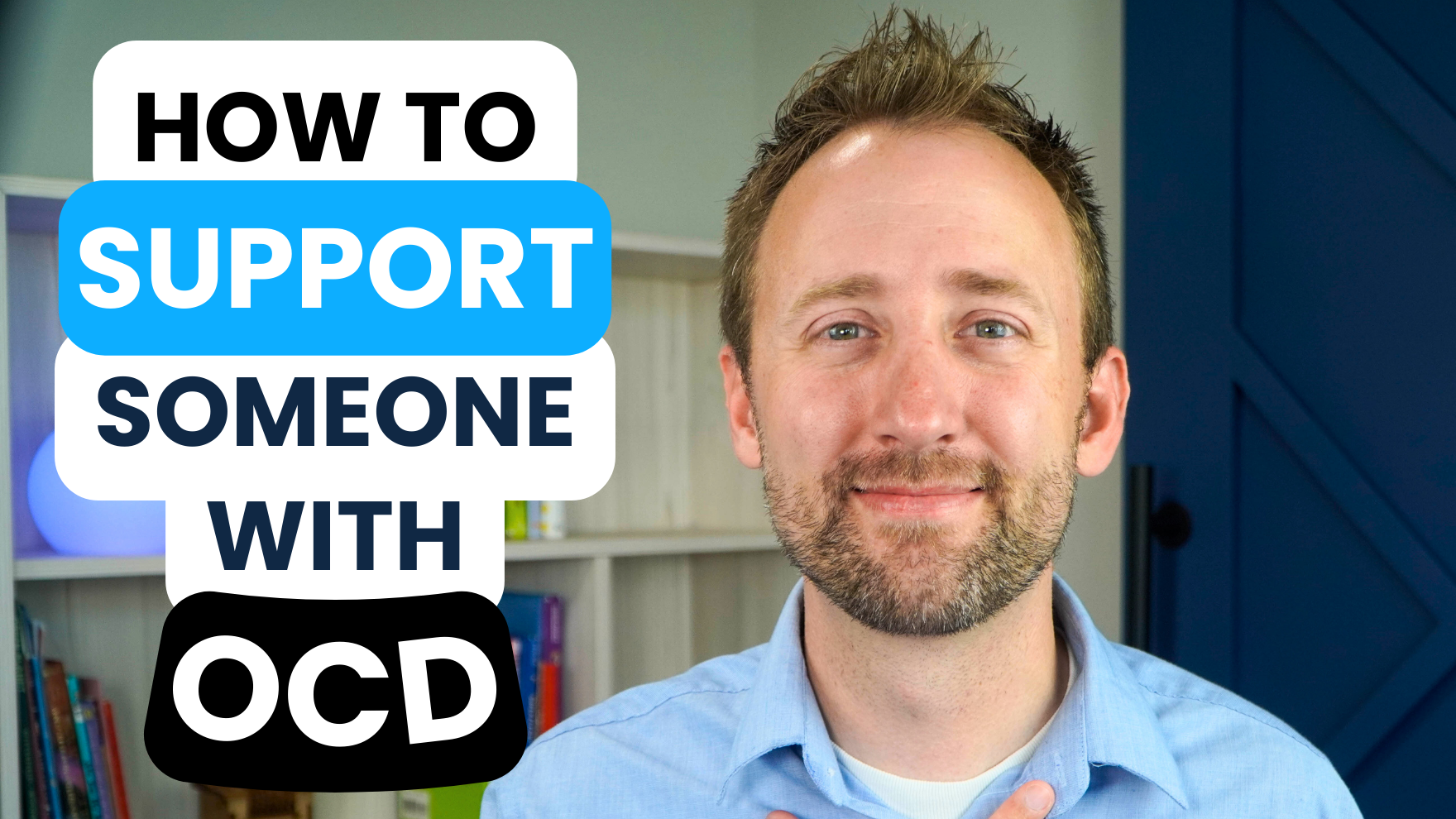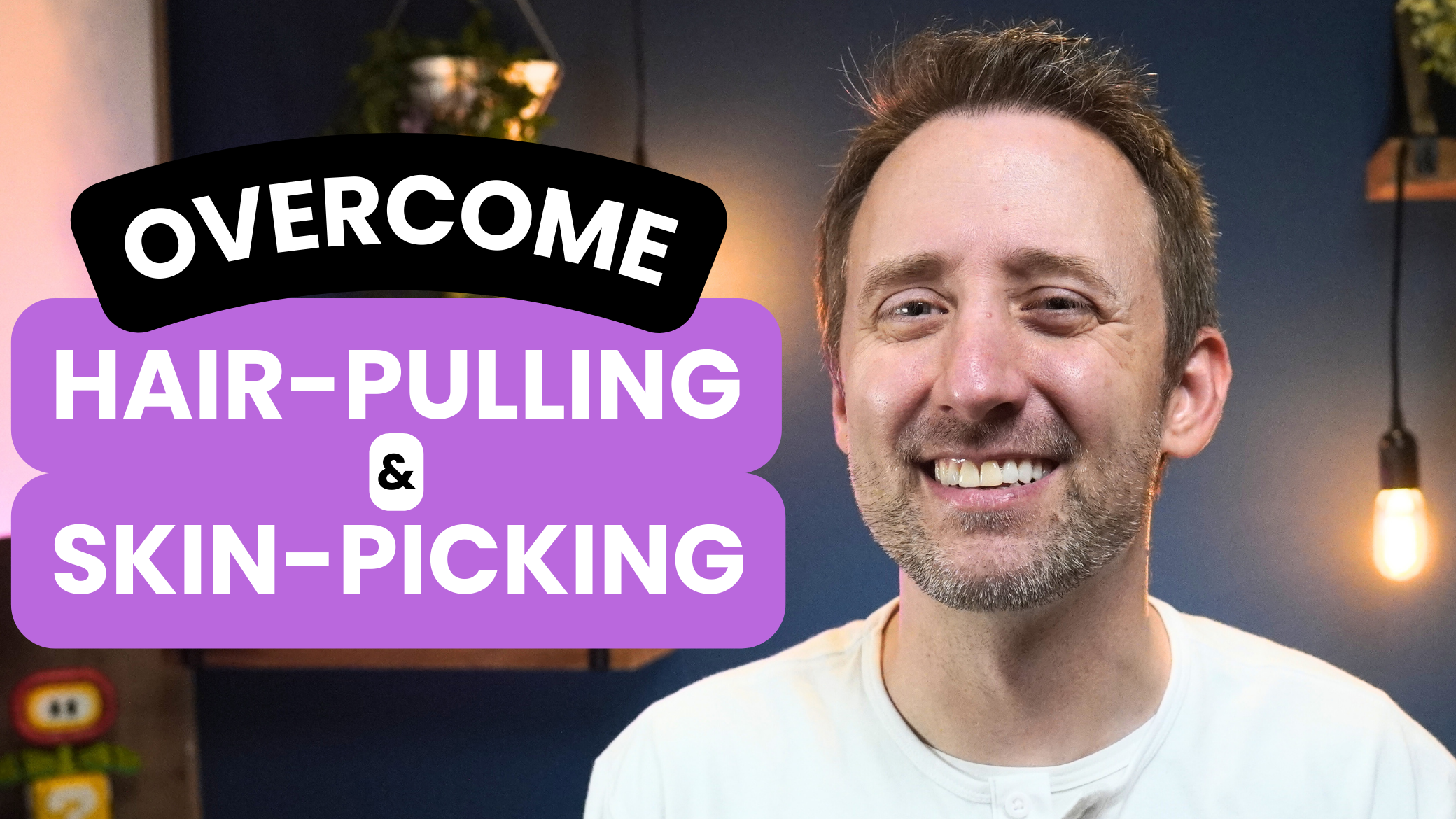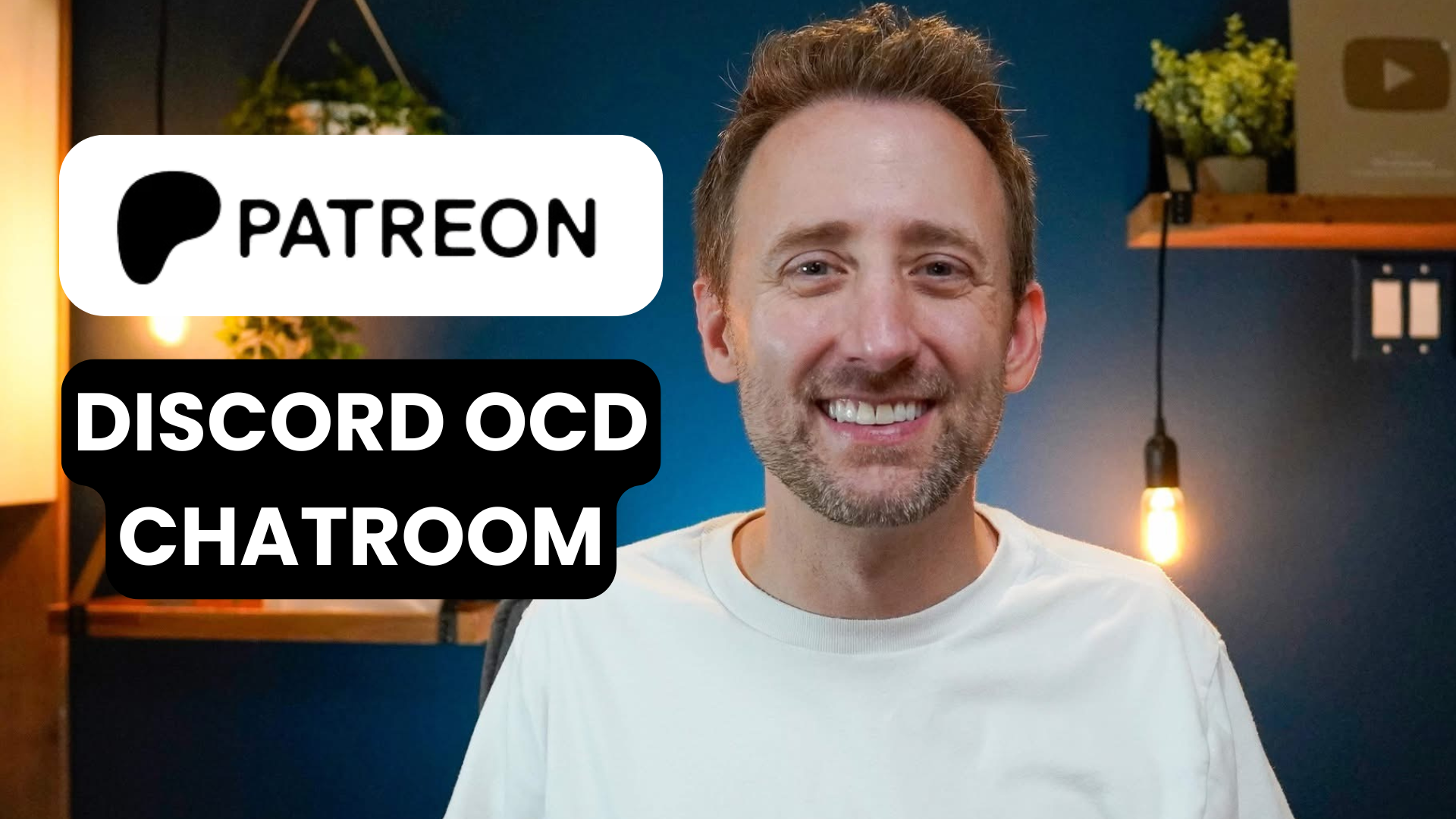Relationship OCD: When Love Becomes Uncertain
Sep 01, 2025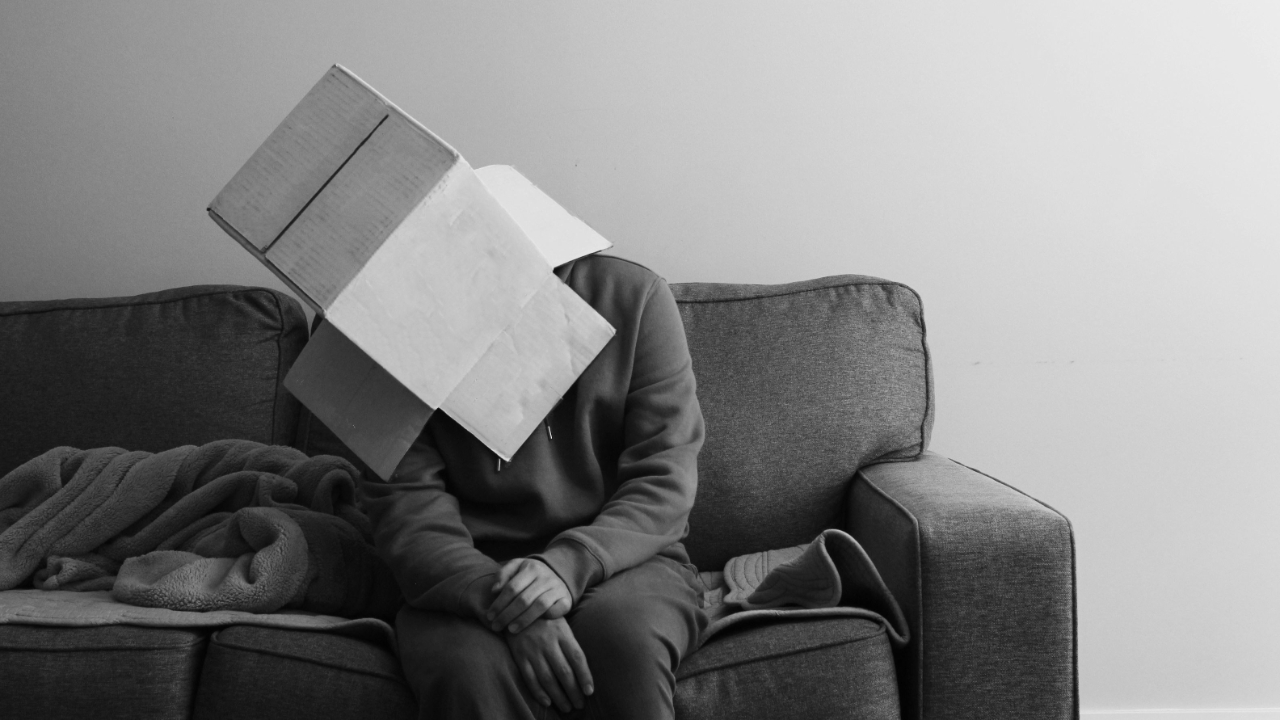
You must feel good when you fall in love but it can be too much doubt and anxiety to some people. This tends to happen in Relationship OCD (ROCD), which is a variation of obsessive-compulsive disorder where intrusive thoughts and compulsive behaviours are related to the partner or the relationship itself.
Relationship OCD- What it is
Relationship OCD does not equal normal doubts or insecurities that couples can have. Rather it is the untold and undesired thoughts that doubt the worth of the relationship or the qualities of the partner. These thoughts are intrusive and upsetting, and result in compulsions, such as seeking reassurance, or comparing the relationship with those of others, or re-examining past interactions mentally.
ROCD has two typical patterns:
Relation-directed: Obsessions revolve around the issue of whether the relationship works or whether there is love in it.
Partner-centred: Scepticism revolves around perceived weaknesses of the partner in personality, appearance or compatibility.
Both types tend to intersect often and leave one in a state of doubt that seems insurmountable to overcome.
How ROCD Affects Daily Life
Relationship OCD is tiresome to live with. Rather than experiencing the connection, individuals take hours to discuss every nuance of the connection, how their partner appears, what they said, or how they felt in a certain moment. They can make friends or family reassure them over and over again, or they can compare and contrast their relationship to others endlessly.
This persistent insecurity has its toll on intimacy and emotional stability. The obsessive desire to reassure can be stressful, confusing, or tiring to partners. As time passes, two people may be isolated and disconnected, although the problem is OCD not the relationship itself.
Effective OCD Treatment
The good news is that Relationship OCD is treatable using an appropriate management strategy.
Cognitive-Behavioral Therapy and ERP
With ERP, individuals are slowly exposed to the cognitions or contexts that provoke their anxiety, e.g., the thought of not being in love enough, and they resist the temptation to engage in compulsions, e.g., checking or reassurance seeking. In the long run, this interrupts the loop of obsession and compulsion and the mind becomes less responsive to intrusive doubts.
Medication Support
Some may also be treated with medication like the SSRIs which helps minimise the severity of the obsessions and compulsions. Drugs are used with the therapy to support and stabilize.
Building Resilience
When undergoing therapy, people understand how to accept uncertainty as the fundamental fear of Relationship OCD. They do not attempt to achieve an ideal clarity of their feelings, but develop the capacity to live with the natural ups and downs of love and emotion without allowing OCD to determine their behavior.
Reframing the Experience
One should know that ROCD does not imply that a person does not love his or her partner. It is OCD that causes the doubts and fears not the absence of emotion. Treatment can assist in dissociating real feelings with intrusive thoughts so that love and commitment choices can be made on clarity and not anxiety.
Moving Toward Healing
It takes time to heal after Relationship OCD but it is not impossible. With the help of a therapist who is specialized in OCD, ERP methods, and in some cases, medication, individuals can regain confidence in themselves and their relationship.
Friends may also be helpful by getting educated about ROCD and by learning that reassurance is more likely to perpetuate the cycle than to end it. Couples can continue to strengthen together as they work on the challenges of OCD with compassion and consistency.
Final Thoughts
Relationship OCD does not indicate the absence of love- it indicates how OCD clings to that which we hold dear. With proper OCD treatment, people can escape this loop of doubt and learn how to live without worrying and have healthier and more real relationships.



